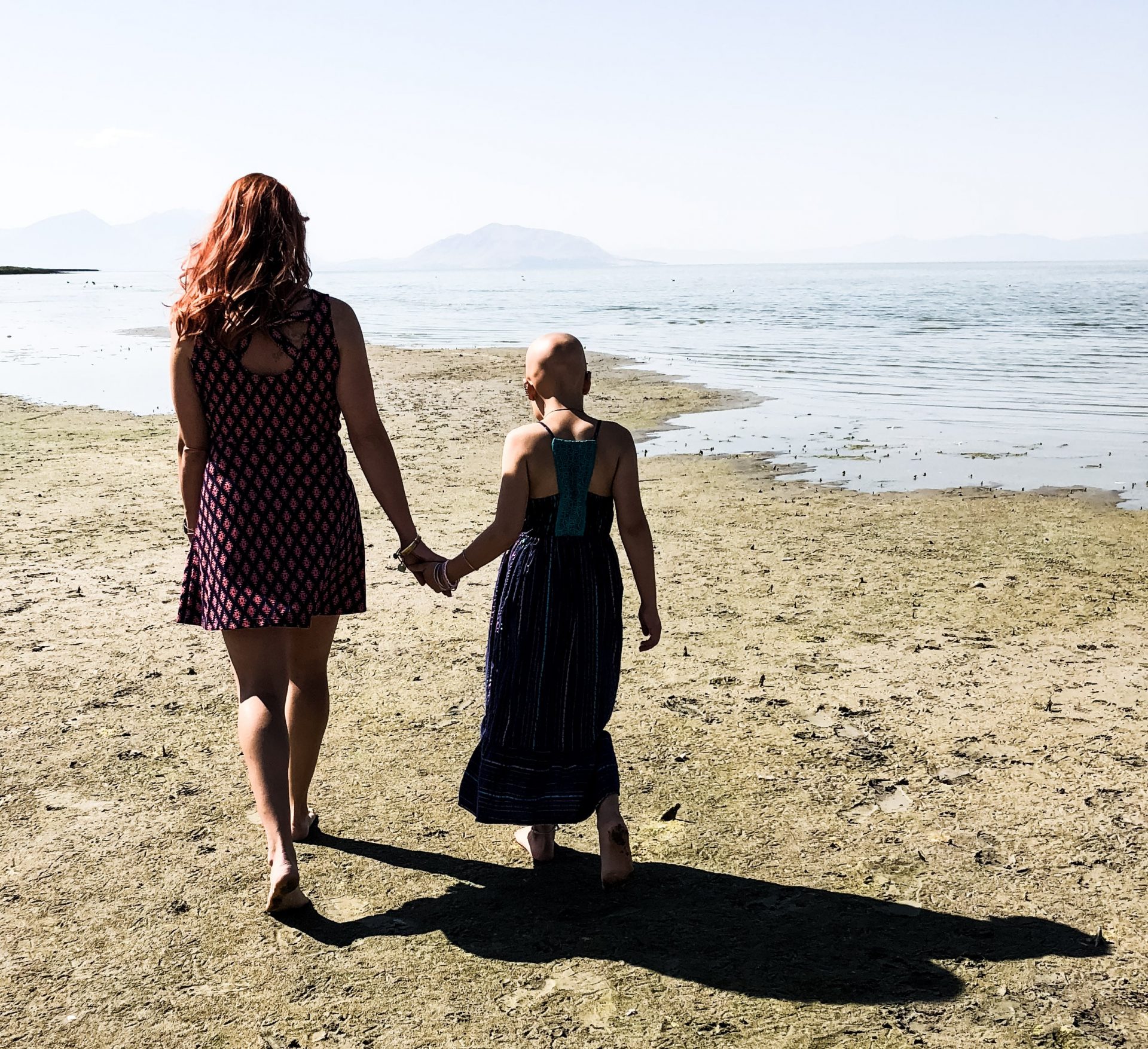[vc_row][vc_column][vc_single_image image=”2989″ img_size=”full” alignment=”center”][vc_column_text]
Recently, I have had several moms reaching out asking for guidance in managing energies and emotions when it comes to being an empath and especially when it comes to children. (And fur babies too!)
Since empaths are people that are more sensitive to emotions, feelings, and the energies of their environment, especially other people, it can be easy for children to get overwhelmed and respond with methods that overwhelm their parents.
One of the simple indicators of an empath is someone can walk into a room and sense an intense sadness or “heaviness” without context or can tell the minute someone walks in the room if they are having a GOOD DAY or a BAD DAY.
Often when we are an empath, we are likely to have energy and emotionally sensitive children. In most cases, the phrase, “If mama ain’t happy, nobody’s happy!” becomes it is quite true as households with empaths can be influenced by any and all emotions of one another.
As we grow older, we often learn to block or protect the energies of others from influencing and overwhelming us. However, our children can find it quite difficult to navigate.
Have you ever seen a stressed-out mother holding a baby, trying to soothe and console her infant only to have the child refuse to allow any calmness into their being? And within moments, witness an outsider enter the situation, hold the baby, and instantly the little one is filled with peace and quiet comfort? (I think every empathic mom that has allowed herself to get depleted has experienced this!)
When your baby knows you are not happy, not calm and not okay, they will respond the only way they know, with emotions. Because they can FEEL the emotions of those around them, they can often have preferences on who holds them and/or will act out when emotions are uncomfortable.
While in utero, the infant was able to feel all emotions the mother felt, outside of the womb emotional separation rarely occurs, especially for empaths. Infants do not understand what is or isn’t their own emotions and therefore feel the emotion as if it were their own. Any anxiety, discomfort, feelings of inadequacy, anger the parent or those around the infant feel, the more they can positenial feel within themselves. Chemicals are released into the body as if it was the child’s own experience.
As they age, this can shift but often shifts to a negative self detrimental side. “Mom is unhappy because I didn’t make her happy.” Depending on the child the responses can differ. This is hard to sever as our children were an extension physically of us for so long and become a part of us even as they grow older. Boundaries get muddled often and it’s a challenge to decipher what fits and what doesn’t.
The key is to teach children how to identify and release emotions influenced by others while still allowing all emotions to be “good” emotions in order to indicate when changes are needed.
Here are some steps to manage your emotional bridge with your children:
-Voice your own emotions:
If you stuff your emotions, they can still be felt by others, but without a context the messages get confusing. If you are upset because the dishes didn’t get done, share. “I feel overwhelmed and underappreciated when the dishes don’t get done as promised.” If your family chooses to not change, they at least understand the emotion, the context, and the ramifications of actions. If we were to stuff the emotions and refuse to let anyone see they caused us pain, they will not just “know what they did wrong” they will think there is something wrong and blame you or themselves for not being good enough rather than the tasks needing to be done.
-Keep Your Mental State in Check:
When you are stressed, do something about it. It is not fair to your family for you to require them to make you happy or tolerate when you are in a bad mood. If you feel stressed, take a time out. Set a timer for 15 min and breathe, walk, nap, do nothing or meditate. Emotions begin rising before they explode. It’s okay to give them space to settle.
-Honor the emotional mirroring
Emotions are often reflected as clearly as if we were looking into a mirror. If your children begin to act out of character, seem irritable, or emotionally off, ask yourself if you have been feeling that way too or too busy to give what you used to give. Taking a minute to assess where your emotional state is before interrogating or trying to fix our children allows us to show up in a space of wholeness or even acceptance so we can better understand. If your child is an absorber of emotions, odds are they are holding onto your struggles and they are keeping them from seeing their own more clearly.
-PLAYTIME isn’t just for children
By playing we can process through non-verbal struggles and bond ourselves to one another. Child play therapy is a practice that allows children to act out all of their emotions in a safe environment. Be present and allow even the dark or disturbing types of play to flow without judgment. (Within safe boundaries of course.)
Playing through emotional struggles sometimes means stabbing a doll or telling a t-rex he’s ugly. If you think of it as a purging method and don’t take what is said or done in play too seriously, it can offer insight to the emotional processing of your child and their ability to handle the emotions that flow through them, whether their own or others.
-Essential Oils
There are essential oils that offer the diffusing of emotions around us and a calming of the ones we feel. My favorites to use are:
Melaleuca, Bergamot, Frankincense & Lemongrass: Filters other energies and emotions as a protection
Rose, Geranium & Clary Sage: Assists with encouraging unconditional love, nurturing and healing the heart
-Release what isn’t yours
Energies and emotions can trigger responses that are not of our own creation. Children can absorb from parents and parents can also take on their children’s emotions. Sometimes a release is needed to see situations clearly and react with solutions based intention rather than the suffering or blame game families can find themselves trapped in.
When we feel we have been influenced by our environment or absorbed others’ emotions, we can choose to release any excess or emotions we do not own prior to interacting with our families.
As an example, assessing our body where we feel tense or extra tired can be an indicator that an emotional release is needed and we can roll a magnet or crystals such as black tourmaline or selenite in a wand shape along the area to purge off that which does not belong to us. Gliding the tool over our body while stating “release, release, release” can help substantially. (This also works for our pets that absorb a lot of our emotions.)
Epsom salt baths or a salt lamp also help to diffuse outside energy and emotions (think of the calmness of the beach.)
Being able to feel what others feel is truly a gift that allows for deeper, more meaningful connections with those we love most. It offers constant information as to the state of mind, needs, and support that flows through our family. Often the energetic and emotional information will give feedback faster than one can verbalize a need.
Disconnection is not necessary unless the relationship has evolved into an abusive or toxic one, however, re-calibration time is essential. Isolation, even if only for a few minutes is important to reset our mind and emotions to avoid losing ourselves to the needs and emotions of others. Take time outs regularly to keep the connection with yourself and your influence.
[/vc_column_text][/vc_column][/vc_row]


I love this so much! Sometimes empathy can be so hard when parenting!